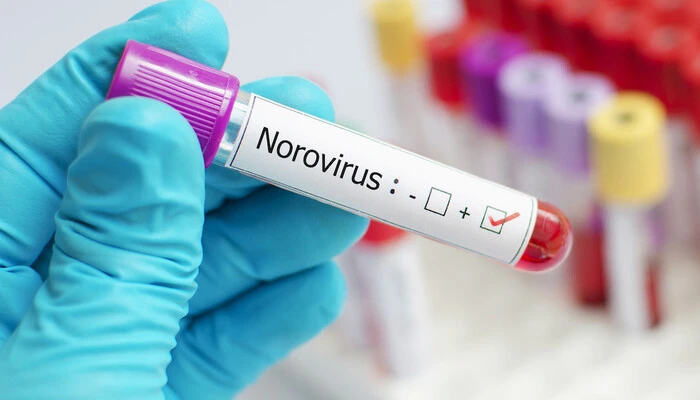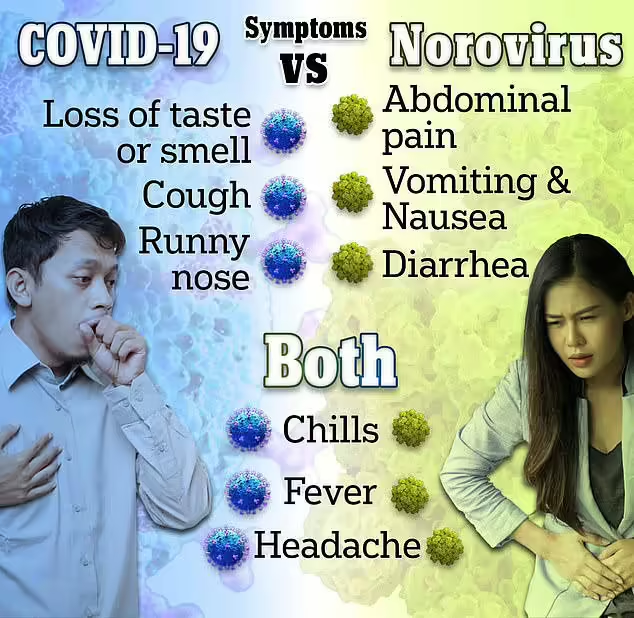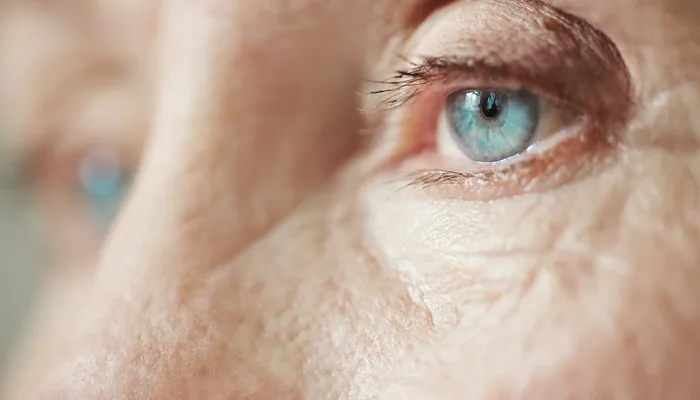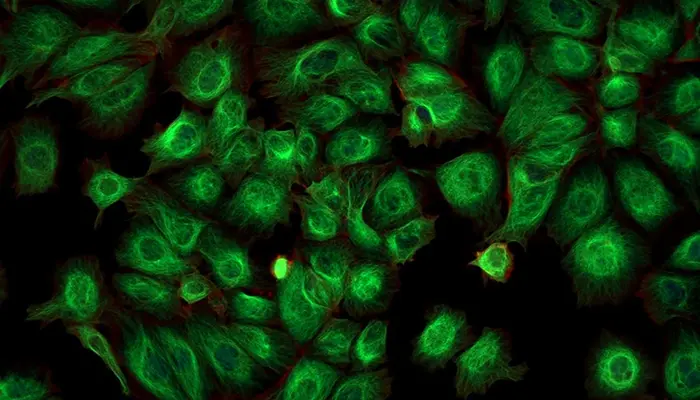
Health officials in the UK are warning of an increase in norovirus cases. Known as the “winter vomiting bug,” the virus also causes diarrhea and has seen a 16% rise in confirmed cases over the past two weeks. Compared to pre-Covid levels, current cases in England and Wales are more than double, signaling an early and intense start to the season.
Cold Weather and New Variant Fuel Spike
Experts attribute the recent spike to the colder weather, which typically drives up norovirus cases. A new variant, dubbed ‘Kawasaki’ after it was first identified in the Japanese city, is also playing a major role. This strain, officially known as GII.17, now accounts for nearly 70% of norovirus cases, according to the UK Health Security Agency (UKHSA).
Rising Hospital Cases of Norovirus Outbreaks
UKHSA reported 447 confirmed cases from October 14 to 27. This number is 16% higher than the previous fortnight’s 384 cases and exceeds the five-year average for the same period. Hospitals in England are also noting a 26% rise in norovirus outbreaks compared to typical seasonal averages. These figures only reflect confirmed lab reports and suspected cases in NHS hospitals, meaning true case numbers may be higher.
Similar Symptoms to Covid-19 Cause Confusion
Norovirus and Covid-19 can present similar symptoms, such as chills, fever, and headaches. This similarity has caused confusion and concern, with health officials advising anyone experiencing nausea, vomiting, or diarrhea to stay home and avoid work or school until 48 hours after symptoms cease.
How Norovirus Spreads and Prevention Tips
Norovirus spreads quickly through close contact with infected individuals, contaminated surfaces, and improperly handled food. Regular handwashing with soap and water is the best preventive measure. Unlike Covid-19, alcohol-based hand sanitizers are less effective against norovirus, so officials urge the public to wash hands thoroughly, especially after using the bathroom or preparing food.
Advice on Managing Symptoms
Most norovirus cases resolve within two to three days, though symptoms can be intense. Those infected are encouraged to rest and drink plenty of fluids to prevent dehydration. Paracetamol is advised to relieve fever or body aches, while Ibuprofen is not recommended due to its potential to irritate the stomach lining, possibly increasing the risk of stomach ulcers and bleeding.
While most people recover from norovirus without complications, vulnerable groups—including the elderly, children, and individuals with compromised immune systems—are at a higher risk. In severe cases, hospitalization may be required for rehydration and monitoring.
New Vaccine on the Horizon
There’s promising news in norovirus prevention. A new mRNA vaccine developed by Moderna is undergoing its final trial stages in the UK. Early results indicate a strong immune response, which could reduce the impact of norovirus outbreaks in the future. Health Secretary recently announced the vaccine trials, marking a hopeful development for reducing norovirus-related illness.
UKHSA Monitors Kawasaki Variant Closely
The UKHSA has noted that the Kawasaki variant is also spreading in other countries and continues to monitor its progression. Experts emphasize the importance of tracking such variants as they may affect the severity or transmission patterns of the virus.
In the meantime, health officials advise Brits to stay vigilant, practice good hygiene, and seek medical attention if symptoms worsen or last beyond a few days.
Follow Day News on Google News, Instagram, YouTube, Facebook, Whats App, and TikTok for latest updates

















